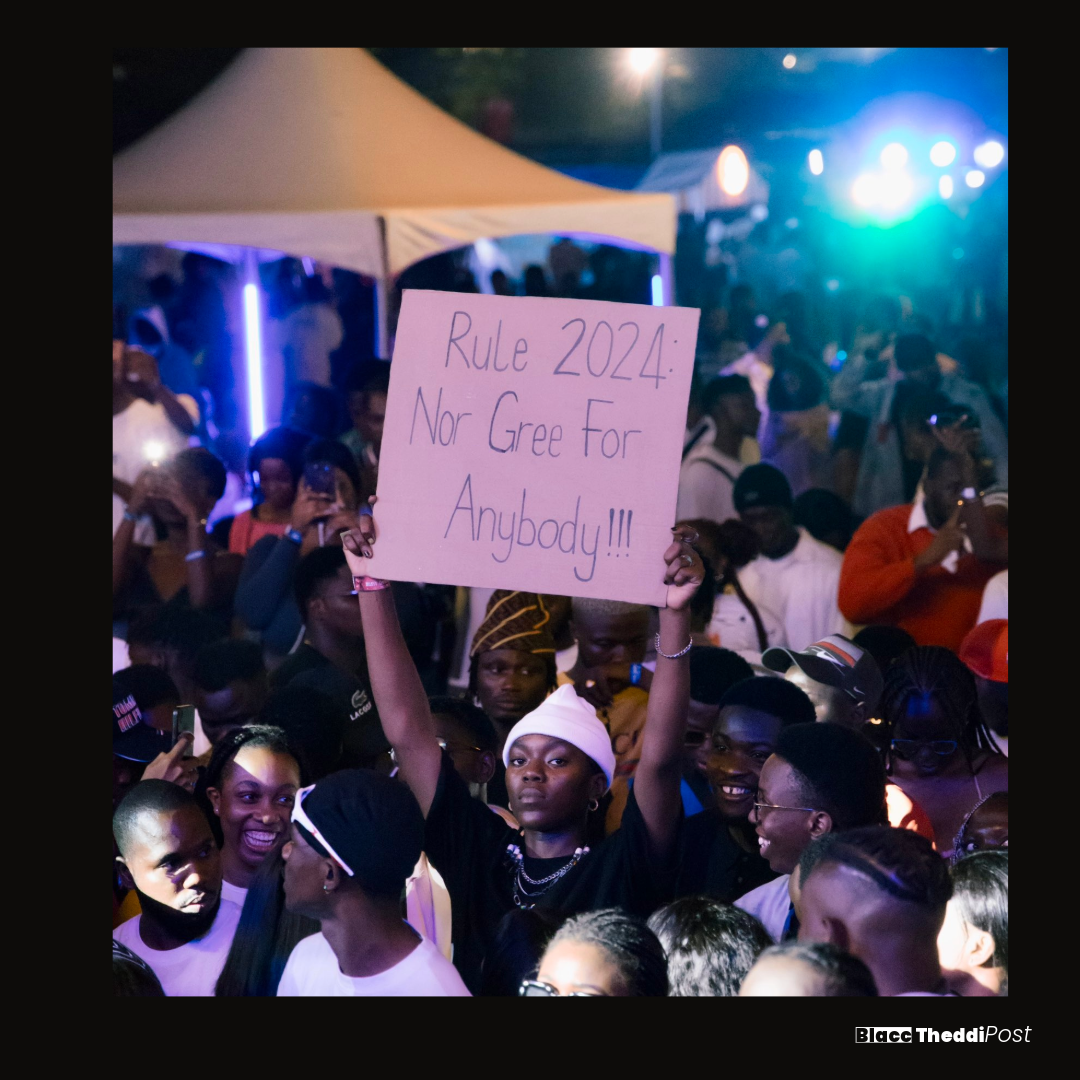Nor Gree for Anybody: Beyond the Meme
As 2023 drew to a close, Nigerians from diverse backgrounds found themselves calmly accepting the myriad challenges facing their country. Dissatisfaction with the 2023 election results and the judicial process was widespread, leading many to lose hope for a better Nigeria. Meanwhile, others resigned themselves to the violence and destruction caused by various groups, including bandits, armed robbers, herders, terrorists, and others. This sense of resignation was compounded by issues such as injustice, poverty, misrule, incompetence, tribalism, segregation, police brutality, rising living costs, lack of accountability, inadequate amenities, and unemployment. However, the arrival of 2024 brought with it a newfound spirit encapsulated in a simple phrase: “Nor gree for anyone.”
This phrase, derived from widely spoken Nigerian Pidgin English and meaning “Don’t agree,” quickly became a national motto symbolizing resilience, resistance against injustices, and determination to overcome obstacles. While it was initially used in lighthearted memes and videos, especially popular among Nigerian youths on social media, its significance soon evolved beyond humor.
Despite its seemingly innocuous nature, the phrase attracted the attention of the Nigerian police, who issued a warning during a press briefing in Abuja. According to Muyiwa Adejobi, the spokesperson for the Nigeria Police Force, intelligence reports indicated that the catchphrase could potentially plunge the country into a crisis of monumental proportions.
Adejobi emphasized, ” And let me say again on this note that the new slogan, which is ‘No gree for anybody’, we have been informed from our intelligence unit that this slogan is coming from a revolutionary sector that will likely cause problems for the country.
“No gree for anybody has been seen as normal talk, but in the security business and the security community, we have seen it as a very dangerous slogan that can trigger crises.”
The police warning holds weight, especially considering the events of last year when the country was on edge with rallies, protests, and marches taking place across different regions. The memory of the #AllEyesOnTheJudiciary movement is still fresh, reminiscent of the “Soro Soke” slogan that emerged during the End-SARS protests. “Soro Soke” translates to “Speak louder” in Yoruba. However, the protests were cut short following the controversial events at the Lekki Toll Gate on October 20, 2020, which remain contentious to this day.
Drawing parallels to the current concern over the “nor gree for anybody” phrase, it is evident that there is a serious underlying issue. The fact that the police are alarmed by the potential implications of this phrase suggests a deeper problem. It raises questions about why well-meaning Nigerians would refuse to “gree” for something positive and beneficial.
Conversely, the Nigerian Army encouraged the populace to “nor gree” for terrorism in 2024, highlighting the phrase’s dual nature. Beyond its surface humor, “Nor gree for anybody this year” carries a deeper message of resilience and refusal to succumb to life’s challenges. It has become an empowering mantra, urging individuals to confront adversity head-on and remain steadfast in the face of adversity.
As a citizen and change leader, you should not “gree” to the following:
- Injustice: Stand against corruption, discrimination, and unfair treatment in all aspects of life.
- Oppression: Advocate for human rights, freedom of speech, and equal opportunities for all.
- Environmental degradation: Support sustainable practices and conservation efforts to protect the environment.
- Lack of accountability: Demand transparency, integrity, and responsibility from leaders and institutions.
- Inequality: Promote inclusivity, diversity, and equal opportunities for all members of society.
By refusing to “gree” to these issues, citizens can contribute to positive change and work towards a more just, equitable, and sustainable future for Nigeria.

Leave a Reply
You must be logged in to post a comment.